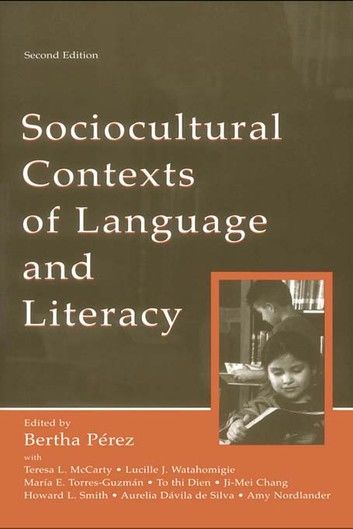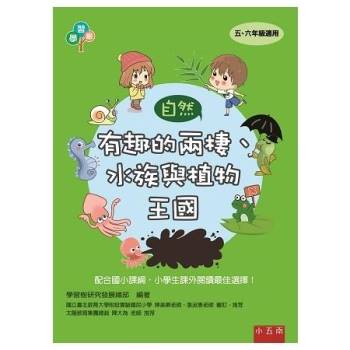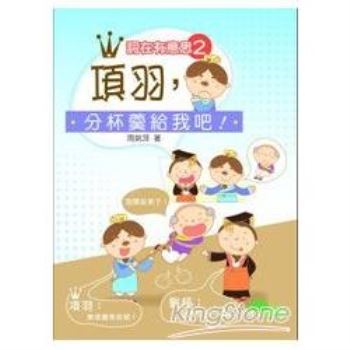| FindBook |
有 1 項符合
Sociocultural Contexts of Language and Literacy的圖書 |
 |
Sociocultural Contexts of Language and Literacy 作者:Perez 出版社:Routledge 出版日期:2004-03-18 語言:英文 規格:平裝 / 404頁 / 22.9 x 16 x 2 cm / 普通級/ 再版 |
| 圖書館借閱 |
| 國家圖書館 | 全國圖書書目資訊網 | 國立公共資訊圖書館 | 電子書服務平台 | MetaCat 跨館整合查詢 |
| 臺北市立圖書館 | 新北市立圖書館 | 基隆市公共圖書館 | 桃園市立圖書館 | 新竹縣公共圖書館 |
| 苗栗縣立圖書館 | 臺中市立圖書館 | 彰化縣公共圖書館 | 南投縣文化局 | 雲林縣公共圖書館 |
| 嘉義縣圖書館 | 臺南市立圖書館 | 高雄市立圖書館 | 屏東縣公共圖書館 | 宜蘭縣公共圖書館 |
| 花蓮縣文化局 | 臺東縣文化處 |
|
|
Sociocultural Contexts of Language and Literacy, Second Edition engages prospective and in-service teachers in learning about linguistically and culturally diverse students, and in using this knowledge to enrich literacy learning in classrooms and communities. The text is grounded in current research and theory that integrate sociocultural and constructivist concepts and perspectives and provide a framework teachers can use to develop strategies for teaching reading, writing, and thinking to diverse students.
The focus on English literacy development does not imply advocacy for "English only" or ESL as the primary mode of literacy instruction. Rather, the authors take the position that learners need to develop literacy in their native language and that the concepts and skills learned in developing the native language create a foundation of strength from which students can develop English literacy.
Part I introduces relevant research and language learning theories. Part II provides research reviews and information about literacy learning within specific culturally and linguistically diverse communities. The chapters in Part III challenge the reader to view the multiple social, intellectual, cultural, and language differences children bring to the classroom as an opportunity for learning and building on the diversity among students. Activities and suggested readings at the end of each chapter involve readers in reflection, observation, meaning making, and the construction of application processes for their new understandings.
New in the Second Edition:
*updated research and theory on multilingual and second language literacy;
*a focus on the interpretation of these research findings to make them useful for teachers and teacher educators in understanding and articulating the research bases for literacy practices;
*attention to current intensely debated issues, such as standards, the phonics movement, and high-stakes testing; and
*new activities and suggested readings.
|










